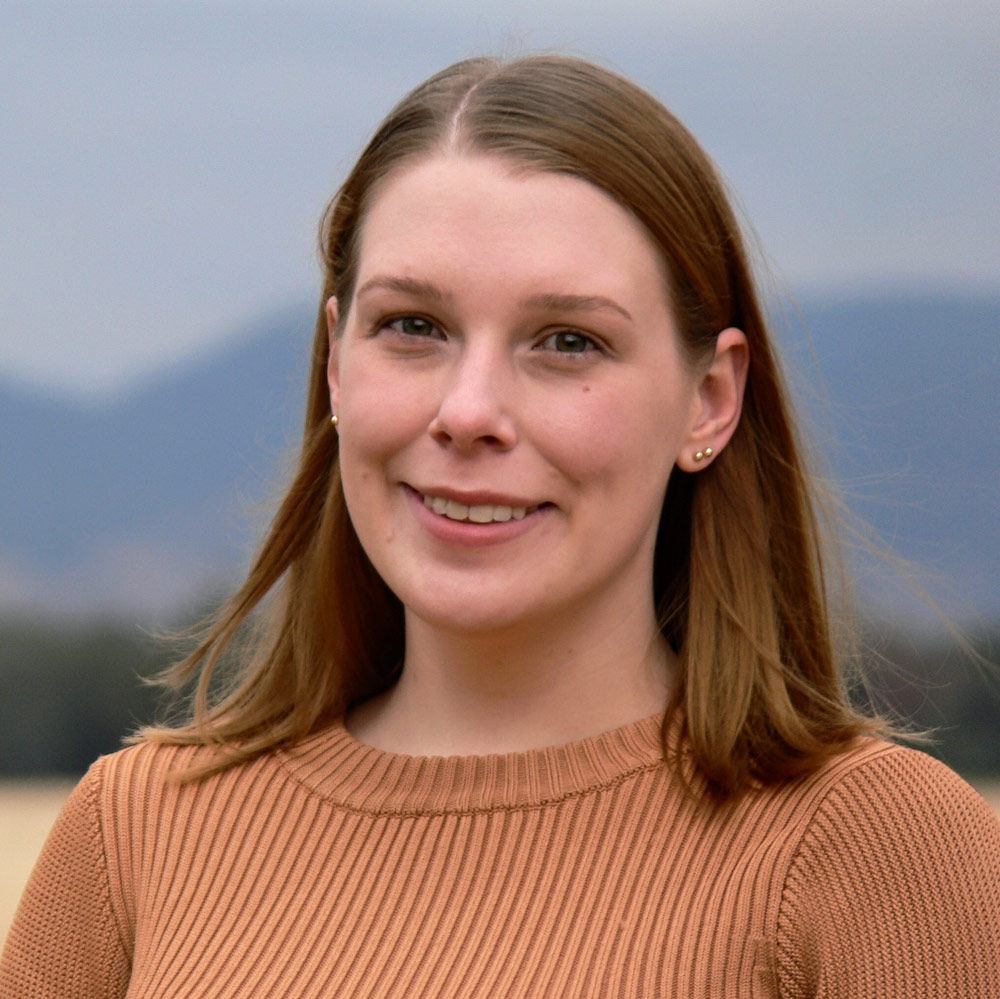Meet the Team
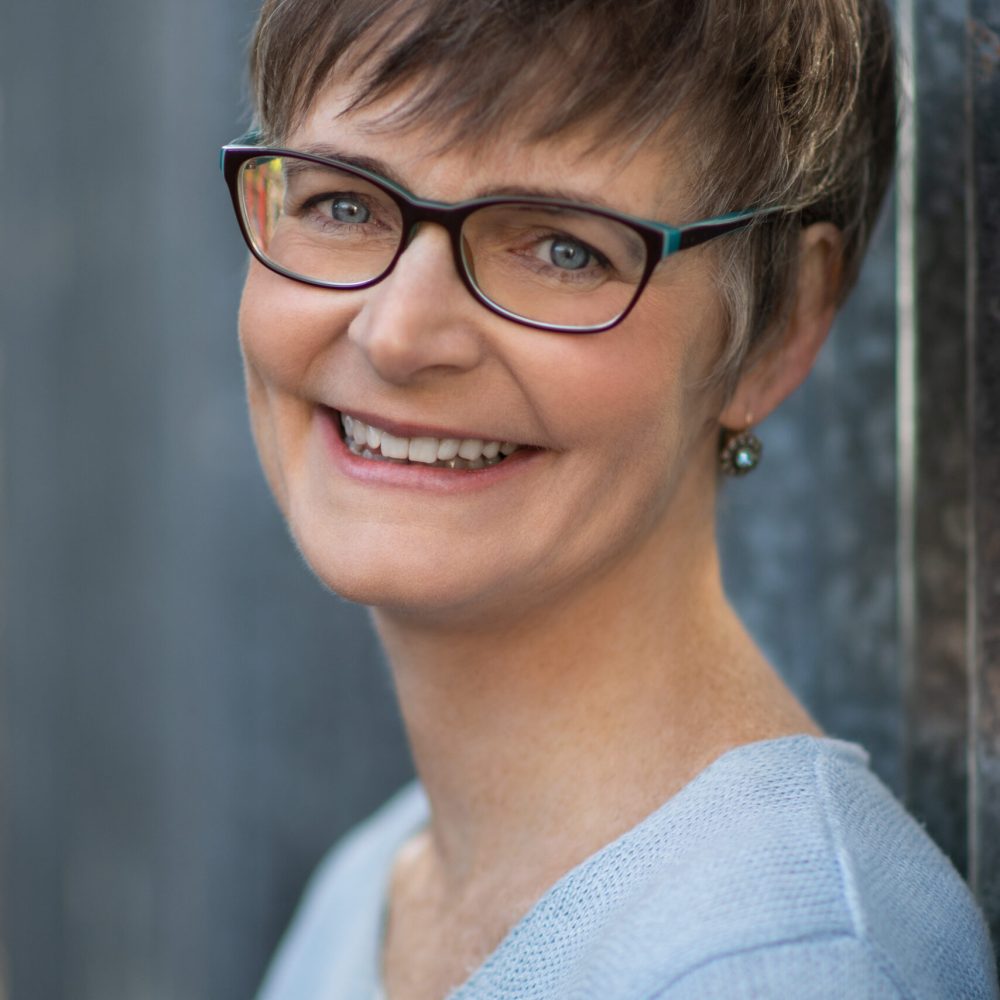
Katie Holmes
Lawrie Zion
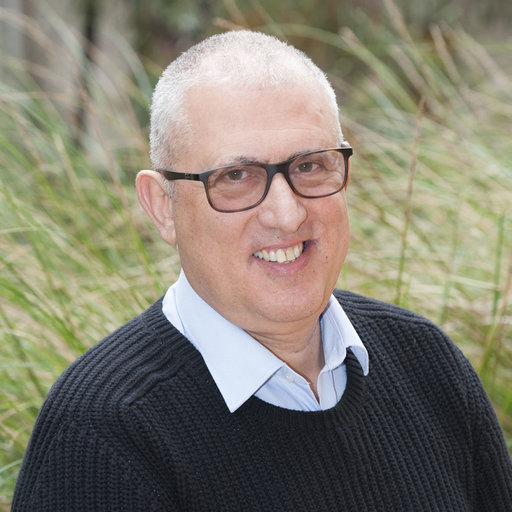
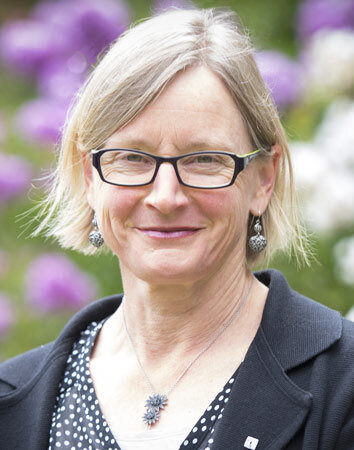
Sue Martin
Sue Martin is Emeritus Professor in English and former Associate Pro Vice-Chancellor (Research) for the College of Arts, Social Sciences & Commerce (2015-2019). Her background is in Literary Studies and she is a specialist in 19th-Century Australian fiction. She has worked on reading culture, women’s writing, gender studies and theory, spatial theory, garden history/culture, 19th-Century Victorian English fiction and the teaching of Australian literature. She is a member of the MLA, former member of DASSH, an ERA REC (Research Excellence Committee) 2018 member, and a Past President of ASAL (the Association for the Study of Australian Literature). Sue is also a member of her local Landcare group and the CFA.
Jacqueline Millner
Jacqueline Millner is Associate Professor of Visual Arts at La Trobe University. She has published widely on contemporary Australian and international art in key anthologies, journals and catalogues of national and international galleries and museums. Her books include Conceptual Beauty: Perspectives on Australian Contemporary Art (Artspace, 2010), Australian Artists in the Contemporary Museum (Ashgate, with Jennifer Barrett, 2014), Fashionable Art (Bloomsbury, with Adam Geczy, 2015), Feminist Perspectives on Art: Contemporary Outtakes, (Routledge, co-edited with Catriona Moore, 2018), Contemporary Art and Feminism (Routledge, 2021 with Catriona Moore) and Care Ethics and Art (Routledge, 2021, co-edited with Gretchen Coombs). She has curated major multi-venue exhibitions and received prestigious research grants from the Australian Research Council, Australia Council, and Arts NSW. She is currently leading the research project Care: Feminism, Art, Ethics in the age of neoliberalism (2019-2022). Central to her research is theorising the link between art and social change and analysing how art and visual culture can offer ethical perspectives on critical issues including climate emergency and inequality.
Website: contemporaryartandfeminism.com
Website: careprojectnetwork.com
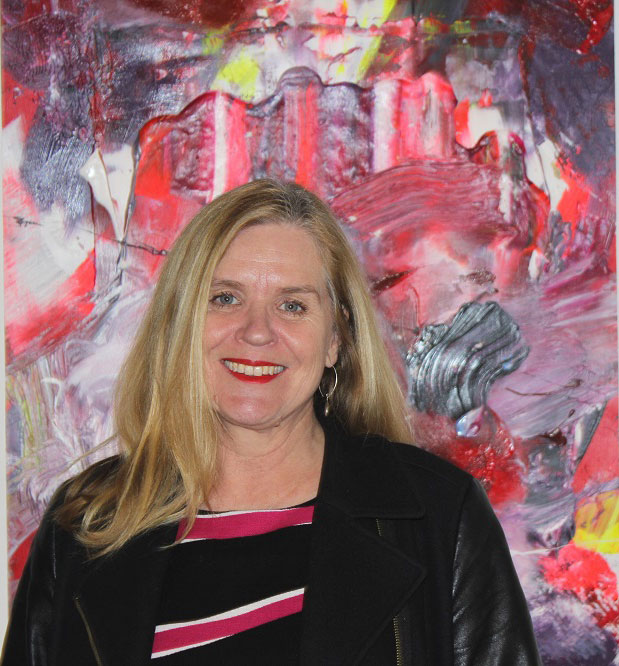
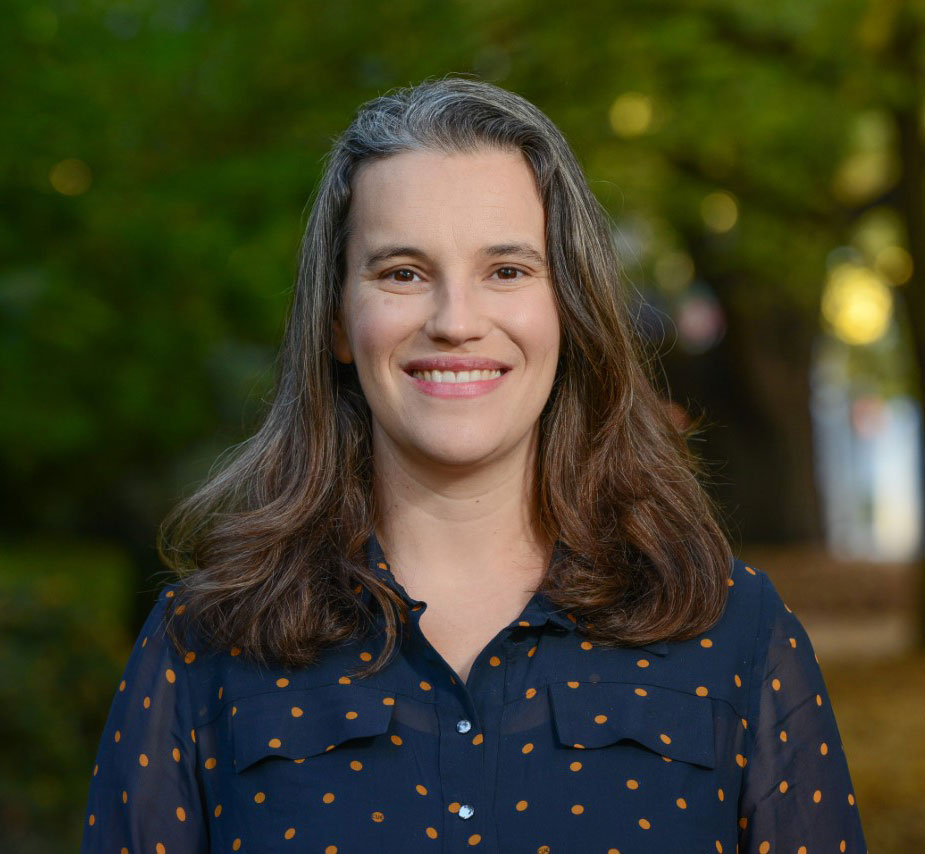
Linden Ashcroft
Linden Ashcroft grew up in country Victoria on the lands of the Yorta Yorta people and is a lecturer in climate science and science communication at The University of Melbourne. She is also a historical climatologist, and uses pre-1900 documents and weather observations to explore the climate of Australia’s past to help us better prepare for the future. Linden’s career has spanned the academic, non for profit and government sectors, including a stint at the Bureau of Meteorology. She is a regular on community radio, gives frequent public talks, and was featured in the 2019 Best Australian Science Writing Anthology. Linden was a 2019–2020 Science and Technology Australia Superstar of STEM, received the 2020 Australian and Meteorological Society Science Outreach award, and was selected as a Victorian Tall Poppy by the Australian Institute of Policy and Science in 2021 for her excellence in scientific research and outreach.
You can learn more about Linden’s work at lindenashcroft.com and follow her on Twitter or Instagram at @lindenashcroft.
Thomas H. Ford
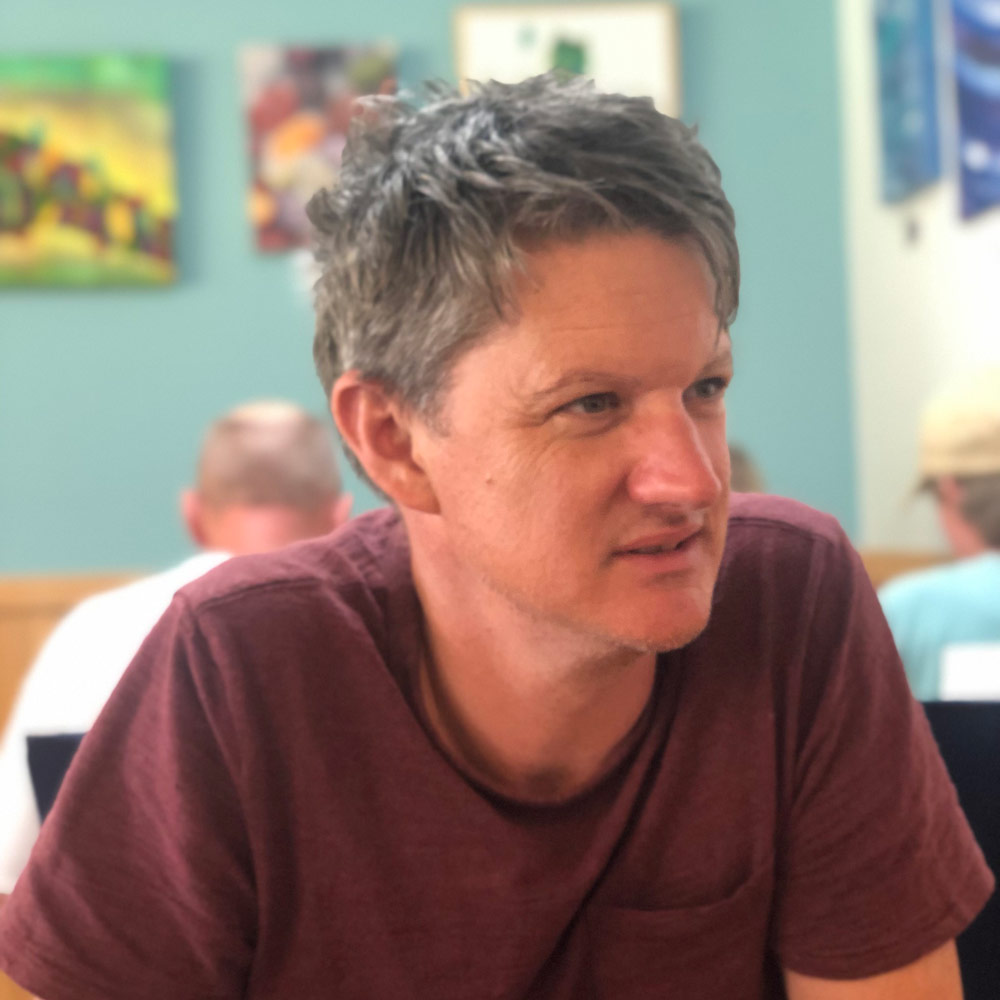
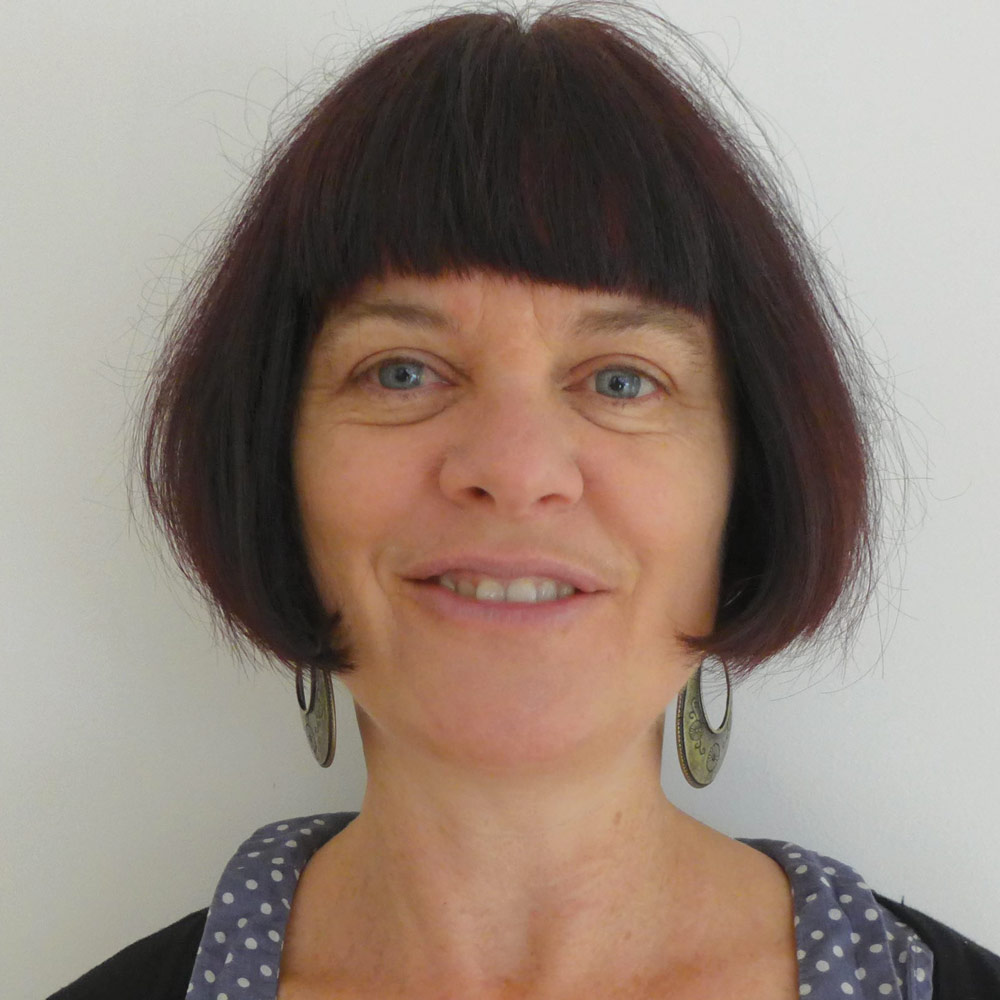
Karen Twigg
Karen Twigg is an environmental historian with strong interests in oral history, gender and rural settlement. Her passion for exploring people’s interactions with a changing rural landscape has been inspired by her own upbringing in regional Victoria on Dja Dja Wurrung country. Her work seeks to better understand the dynamic web of relationships that humans share with non-human kin – soil, climate, plants, animals. Karen’s doctoral thesis, which was conferred in 2020, won the Nancy Millis Award (La Trobe University). In 2020, she also won the Jill Roe Prize (Australian History Association) and Mike Smith Prize (National Museum of Australia and the Australian Academy of Science) for two separate articles. Prior to entering academia, Karen worked for two decades as a public historian and has published on a diverse range of topics as well as collaborated with practitioners across the history spectrum, including archivists, librarians, Indigenous groups, local history volunteers, and heritage officers. She is currently the Project Officer for the Parched project.
Rochelle Schoff
Rochelle is a recent addition to the Parched team as a graduate researcher completing her PhD at La Trobe University. She grew up in Wiradjuri Country on a farm north of the Murray River and her enthusiasm for her home region has inspired her research into rural environmental histories. As a part of the Parched team, she is currently researching how border communities along the Murray River experienced and responded to the WWII drought and south-eastern Australian Dust Bowl. Rochelle completed her Bachelor of Arts (Honours) at the Australian Catholic University in 2021, studying how regional identity in the Riverina has been shaped through interwar political movements and cultural celebrations.
